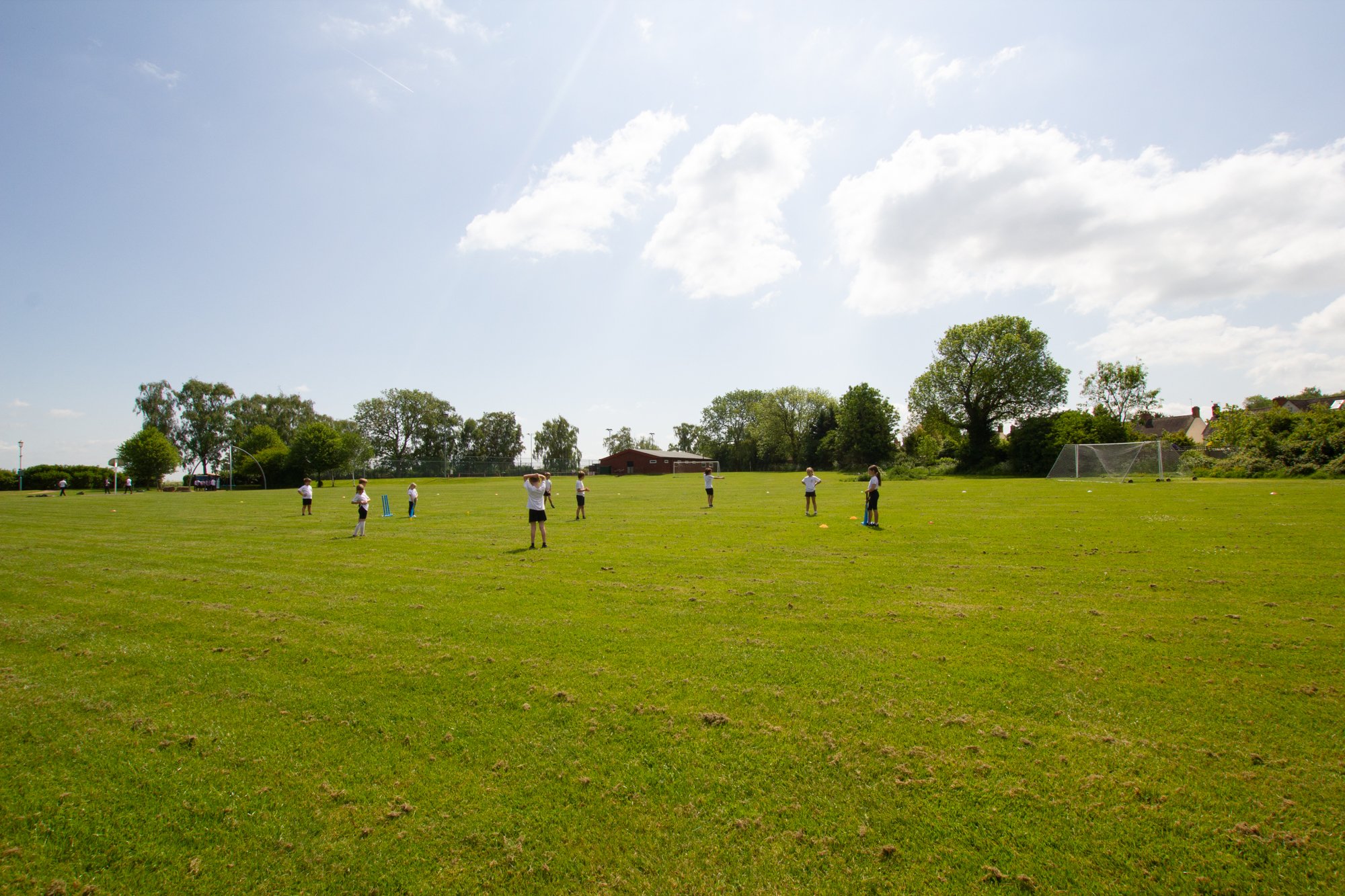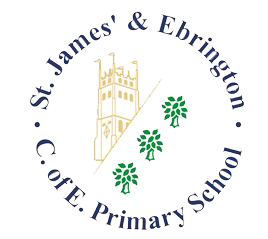PSHCE & RSE
In line with government guidance, our Personal, Social, Health, Citizenship and Economic Education and Relationship and Sex Education curriculum has been updated.
For our PSHCE and RSE curriculum we use Coram Education’s SCARF program of study and resources. Use the button at the side of the page to find out more.
The majority of our teaching focuses on the building of positive, safe relationships and will reinforce life skills in order to support this. We cover the science topic of life cycles in KS2 and changes during puberty in upper KS2. All classes have some teaching around personal hygiene.
Our aim is for the children to learn about the importance of hygiene, recognise the main external parts of the human body, and recognise the physical differences between males and females. These units of work will provide a secure foundation for their education in this area when the children reach Y5 and Y6.
Below is a list of lesson aims and objectives that the year groups will be covering from Reception to Y6.
EYFS
Responsibility – To understand what personal responsibility is
Growing Up – Physical achievements and capabilities
People Who Help Us – To know the adults who are responsible for looking after them and to recognise personal needs
Keeping Ourselves Clean – To understand basic hygiene routines
Y1
Life Cycles – To understand the life cycles of animals and humans eg frogs, butterflies and how we grow from babies to adults
Being Unique – To recognise that people are similar in some ways and different in others and value their own body’s capabilities and uniqueness.
Personal Hygiene – To know how to keep themselves clean
Y2
Similarities and differences – To recognise and name the external parts of the body
Where do Babies Come From? – To understand that all living things originate from other living things. The focus at this stage is that children recognise growth; they are not taught how reproduction occurs
Changes - Physical– To consider ways in which they have changed since they were born
Changes – Becoming Independent – To consider their responsibilities now and compare them to when they were younger and how they can make healthy choices
Y3
Similarities and Differences – Reproductive Organs – To recognise the main organs of the body including scientific names for reproductive organs
Types of Love – What different types of love are there? Caring for other people, and families and showing respect
Personal Hygiene – Hand Washing – To understand how infection can spread and how to prevent this
Personal Hygiene – Infection – To understand that sometimes the body needs help to fight infection
Y4
Changes – Life Cycle – To understand some of the physical changes that will happen as humans get older
Changes – Responsibilities – To consider their responsibilities and levels of independence as they grow and how they will change in the future
Personal Hygiene – Antibiotics – To understand that antibiotics should be taken only as prescribed and that most common infections get better through time, bed rest intake of fluids, and healthy living
Challenging Stereotypes – To challenge gender-based stereotypes
Y5
Changes – Physical – To know and understand the physical changes that take place during puberty and why
Changes – Emotional – To understand that emotional changes happen at different rates for different people
Personal Hygiene – Keeping Clean – To consider new aspects of personal hygiene relevant to puberty
Genetic Inheritance – To understand genetic inheritance
Y6
Changes- Physical – To understand the function of male and female reproductive organs and the changes that happen during puberty
Changes – Emotional – To be able to express their own changing emotions and express their concerns positively
Life Cycle – Sexual Intercourse – To know about the facts of the human life cycle, including sexual intercourse
Relationships – To consider the need for trust and love in marriage and established relationships and to consider different types of love
Birth and a New Baby – To understand how babies are born and to explore the impact a new baby has on a family
Alongside RSE, our curriculum includes a programme for primary-aged children developed by professionals, which promotes a greater understanding of mental health, including stigma, prejudice, and discrimination. It includes:
What can go wrong when people become mentally unwell;
What helps and what does not;
Risk and resilience factors affecting mental health;
How to promote positive mental health and why it is important.

